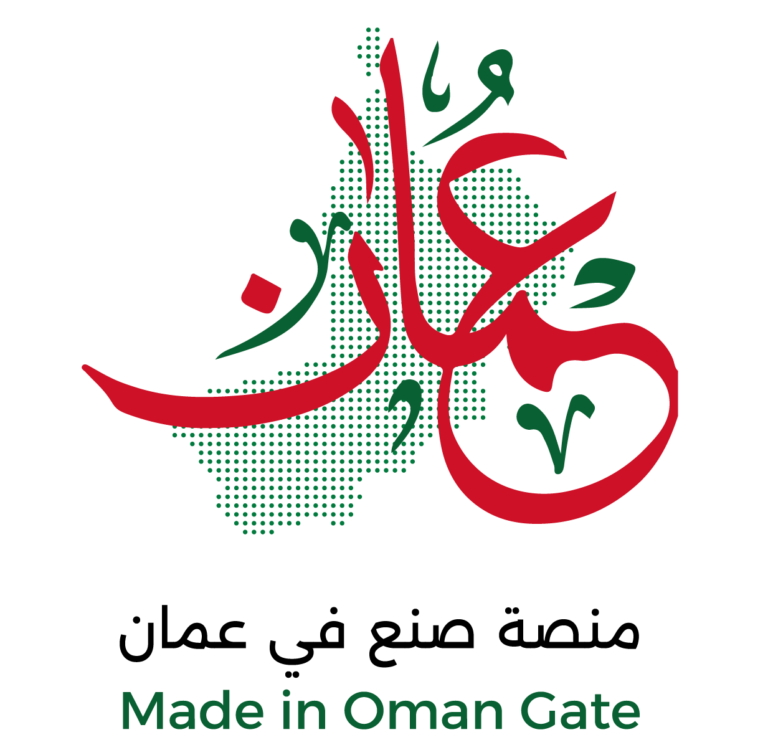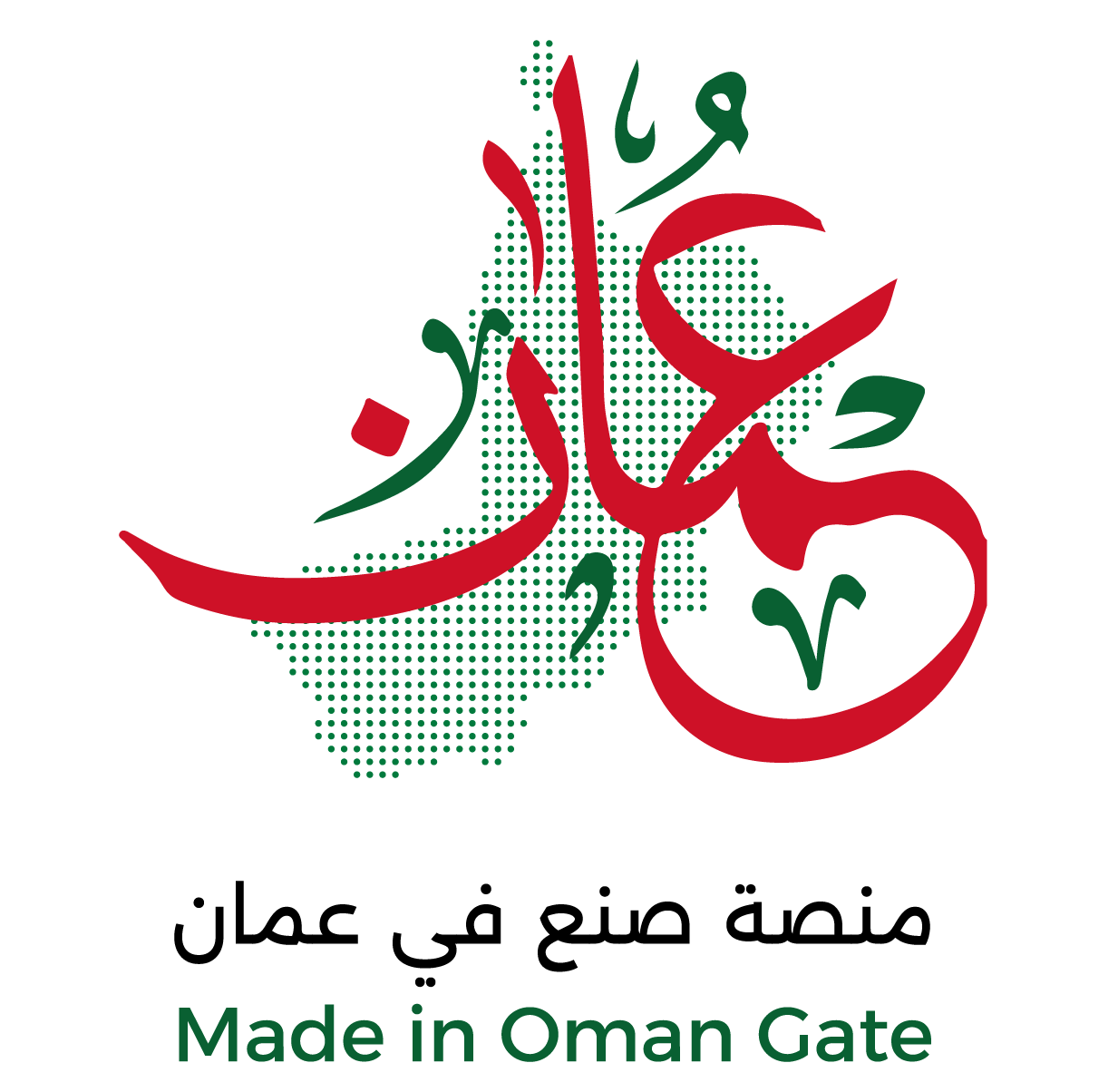A pair of land blocks is due to be awarded next month under the second round of Oman’s international auction process governing the allocation of renewables-rich land parcels for green hydrogen investment.
According to Eng Salim Nasser al Aufi, Minister of Energy and Minerals, the new awards — coming not long after landmark agreements covering the development of the first wave of six green hydrogen projects — underscore Oman’s commitment to achieving its production target of 1 million tonnes per annum of renewable hydrogen or its derivatives by 2030.
Addressing international energy ministers and industry executives in Berlin last week, Al Aufi said the upcoming awards attest to the relatively rapid pace of Oman’s green hydrogen journey.
That journey, he said, began a few years ago with the identification and locking-in of around 65,000 km2 of land dedicated to renewable energy and hydrogen development. It includes 50,000 km2 of acreage exclusively earmarked for the hydrogen economy.
“From the 50,000 km2, we have been successful in auctioning and signing agreements for up to just over 2,000 km2 — that’s six agreements signed to date. An existing auction is ongoing, and we are potentially signing two more agreements, by middle of, or probably, the end of next month. In total, they will get us very well on our path toward achieving 1 million tonnes of hydrogen by 2030. Of course, part of it will be consumed locally, and part of it will be converted into whatever derivative that will ultimately allow us to export it to different parts of the world.”
Significantly, Europe — and in particular Germany — represent “primary contenders” for some of Oman’s green molecule exports, alongside markets in the Far East – a traditional destination for Omani energy exports, said the Minister.
In the interest of transparency as a core value of Oman’s green hydrogen programme, the Ministry has made public its policies and regulations governing hydrogen investment and development, Al Aufi said.
“We established a dedicated company, Hydrom, to orchestrate and manage the entire hydrogen economy quite distinct from the Ministry, and to set the policies. As the orchestrator, Hydrom is also auctioning the plots and managing the entire interactions with the developers, signing the usufruct agreements and all the different terms and conditions of the agreements, and following up with the developers in terms of support and so on.”
Further, with the goal of ensuring that Oman’s green hydrogen sector is in alignment with standards set by key international markets, the Ministry has been proactively engaging with policymakers and regulators in these markets.
“We have been in communication with our partners here in Germany, in the Netherlands, in Belgium, and of course in (EU headquarters) Brussels itself,” said Al Aufi. In fact, some of these EU standards were successfully ‘test-driven’ recently in an upcoming green hydrogen project in Oman, while also being tested against various other scenarios of the industry taking shape in the country, he noted.
Energy ministers and high-ranking delegations from over 75 countries attended the 3-day Berlin Energy Transition Dialogue (BETD’24) forum, which concluded in Berlin last week.
Oman Observer



